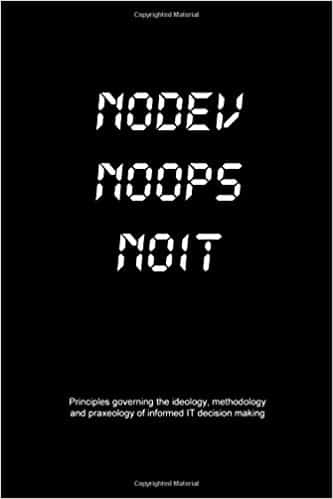Senior fellow of the Mises Institute Mark Thornton returns to the show to discuss Austrian business cycle theory, how the Fed’s artificially low interest rates create perverse incentives, resulting in wild spending on both the production and consumer sides of the economy. Thornton discusses the crash of the stock market in the 1970s after Richard Nixon took the United States off the gold standard, which motivated Ron Paul to run for office and explains the moral hazard of fractional reserve banking and how it’s at odds with a system of sound, commodity-based money. Instead we’re subjected to a phony fiat system, which Thornton believes is the true cause of the great income and wealth inequality in the United States. Finally, Thornton explains that free trade and immigration aren’t to blame for American hardships and finally why bailouts are always, always the problem.
Mark Thornton is a senior fellow at the Mises Institute. He serves as the Book Review Editor of the Quarterly Journal of Austrian Economics. His publications include The Economics of Prohibition (1991), Tariffs, Blockades, and Inflation: The Economics of the Civil War (2004), The Quotable Mises (2005), The Bastiat Collection (2007), An Essay on Economic Theory (2010), and The Bastiat Reader (2014).
Discussed on the show:
- Ludwig von Mises
- F.A. Hayek
- Murray Rothbard
- The Creature from Jekyll Island: A Second Look at the Federal Reserve, by G. Edward Griffin
- Gold Standard
- Stagflation, 1970s Style (Investopedia)
- Early 1980s Recession
- Glass-Stegall legislation
- “Ron Paul: Regulate The Federal Reserve, Not The Free Market!” (RonPaul.com)
- Fractional reserve banking
- Skyscraper index
- Mark Thornton: The Skyscraper Curse (Mises.org)
- Jeddah (Saudi Arabia)
- “Saudi Arabia to build world’s tallest tower, reaching 1 kilometer into the sky” (CNN)
Podcast: Play in new window | Download
















